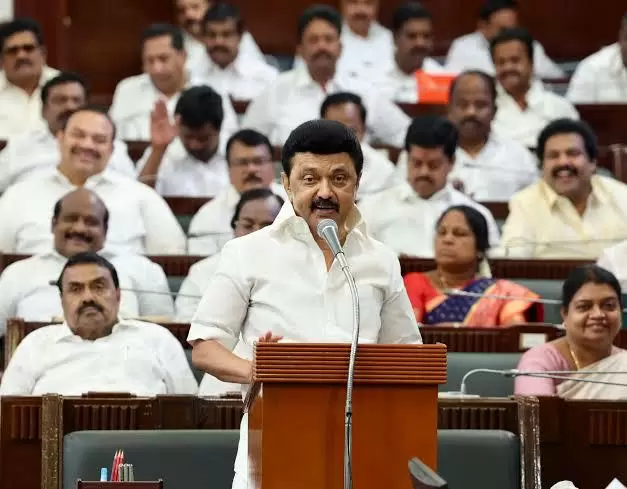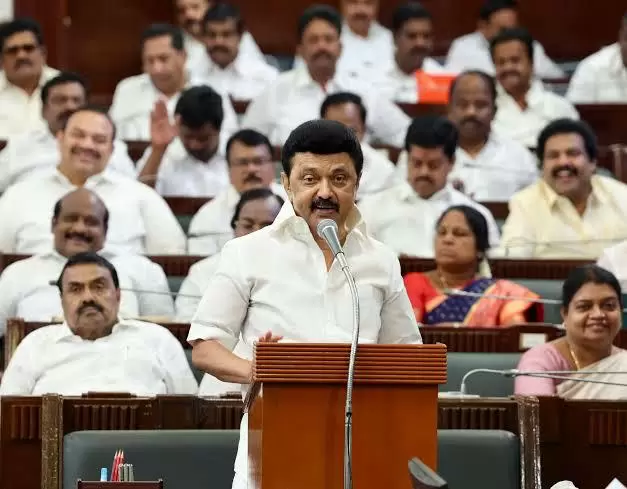Bottomed Out: Equity market likely to surge in 2020 as economy revives
01-January-2020
The Indian equity market is expected to mirror the likely stability in the country's economy, as supportive government measures take effect and slowdown bottoms out.
On a short-term basis, the upcoming Q3 results, Union Budget and institutional flows would be the other major factors deciding the market's initial direction in 2020.
Analysts predict a rally during the initial months of 2020, on the back of stabile global economy, post US-China phase-I trade deal and Brexit.
"The year 2020 could bring global equity returns that are front loaded as Brexit and trade war fears recede and central banks continue with easy money policy. This could also get reflected in India as expectation builds up ahead of the Union Budget to add fuel to the rally," HDFC Securities' Retail Research Head Deepak Jasani told IANS.
"Any concrete progress in strategic divestment can also help. In the run up, Nifty could see a rise to 12,800 in the first quarter of CY20," he added.
Accordingly, the structural changes undertaken in recent years will help transform the Indian economy over the next decade and maintain growth at strong levels, Jasani said.
"Despite a challenging global environment, India benefits from demography, an aspirational middle-class, and recent economic reforms that give it a constructive outlook over the coming decade," he said.
However, Geojit Financial Services Research Head Vinod Nair said that the economy will take time to stabilise as a weak fiscal position can impact government spending and investment in infrastructure.
"Government's income in 2020-21 will depend a lot on divestment, spectrum sales and dividends which provide instability to the fiscal position. GST system needs a revamp and NPA resolution process can take time to clean-up the system which will impact recovery of the economy," Nair said.
"These factors can delay the benefits to the economy and can also impact FPI inflows, which will impact the performance of the equity market in the medium-term," he said.
According to Nair, sector specific incentives and reforms might be in the offing for areas such as NBFC, realty, infrastructure and auto in the year ahead.
"The recent infra spending targets set by the government, depending on the capital raising plans, is a good example and is positive for capital goods and infra related sectors," Nair said.
"The sectors on which we are positive today are private banking, rural small banks, chemicals, metals, AMCs, insurance and aquaculture," he added.
Motilal Oswal Financial Services' Retail Research Head Siddhartha Khemka said that investor participation in mid-caps is expected to increase "going forward given their significant underperformance and discount to larger peers".
Sector-wise, Khemka said that large private banks, consumer, FMCG and core sectors like cement and capital goods are expected to perform well in 2020.
"Consumer companies would be the largest beneficiary of demand revival as and when it happens. Once the measures adopted by the government start taking effect and capex cycle revives, cement and capital goods sectors would be the big gainers," Khemka said.
In 2019, the S&P BSE Sensex and Nifty50 rose by 14.4 per cent and 12 per cent, respectively.IANS
Legendary Actor Manoj Kumar Passes Away at 87
Chennai Fishermen Block Marina Loop Road, Demand Protection of Traditional Rights
DMK to Challenge Waqf Amendment Bill in Supreme Court
Indian Pharma Gets Exemption from Trump’s Reciprocal Tariffs
Amit Shah Defends Waqf Amendment Bill 2025 in Lok Sabha








